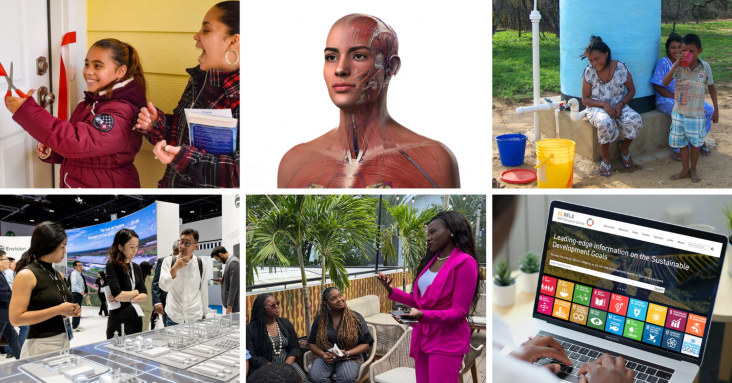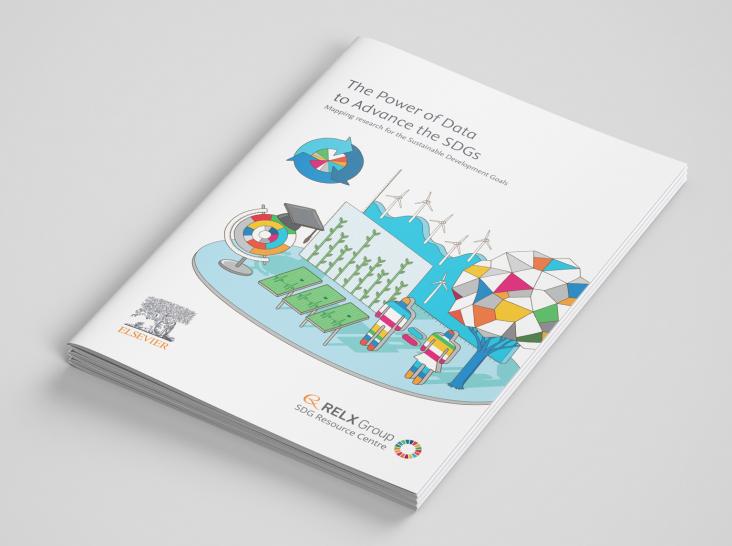Promote sustained, inclusive and sustainable economic growth, full and productive employment and decent work for all
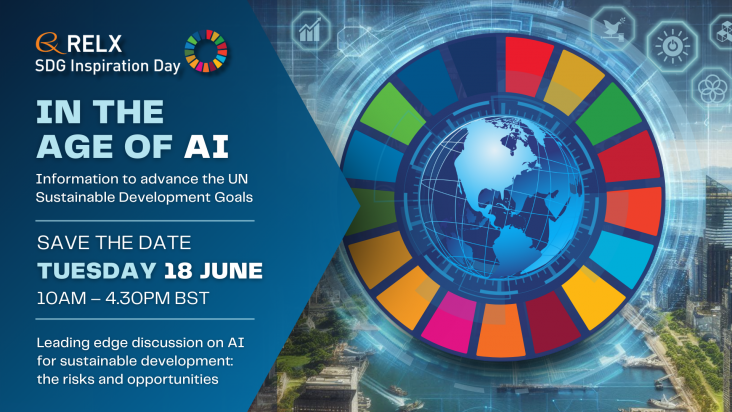
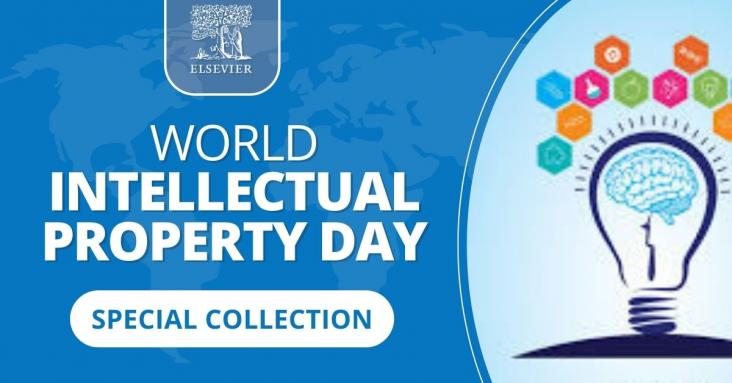
World Intellectual Property Day, observed each year on 26th April, is an opportunity to celebrate the contributions made by inventors and creators around the world and to explore how IP contributes
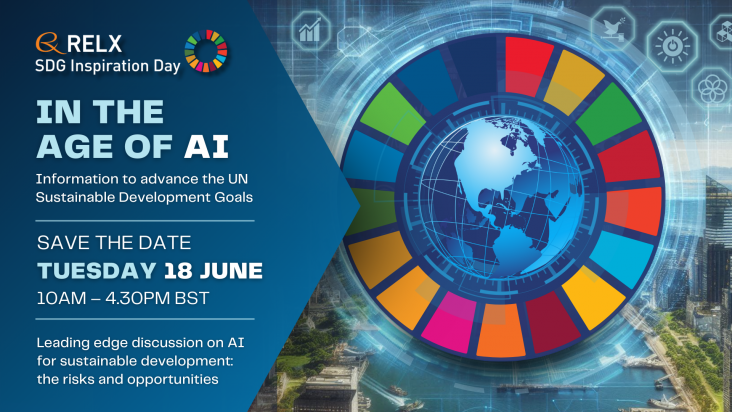
AI holds tremendous potential for advancing the United Nations Sustainable Development Goals (SDGs). AI, particularly generative AI, provides new opportunities to analyse data and trends at pace a
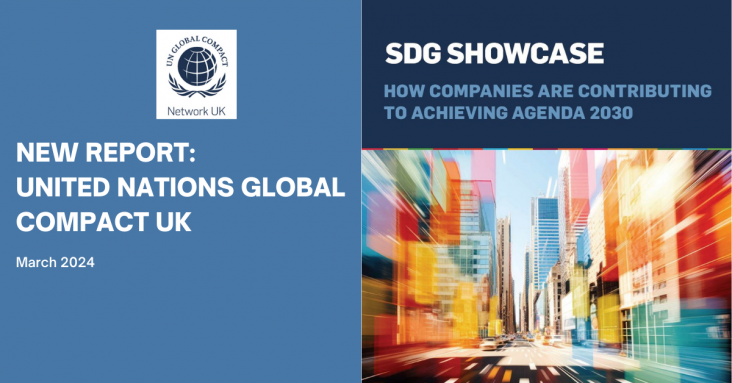
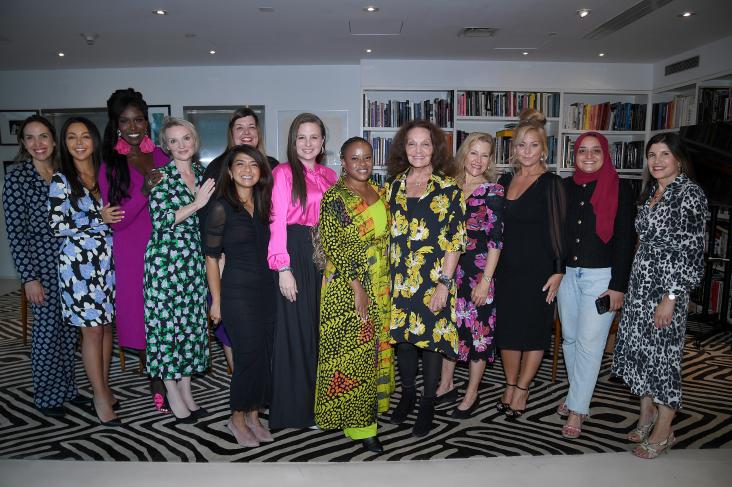
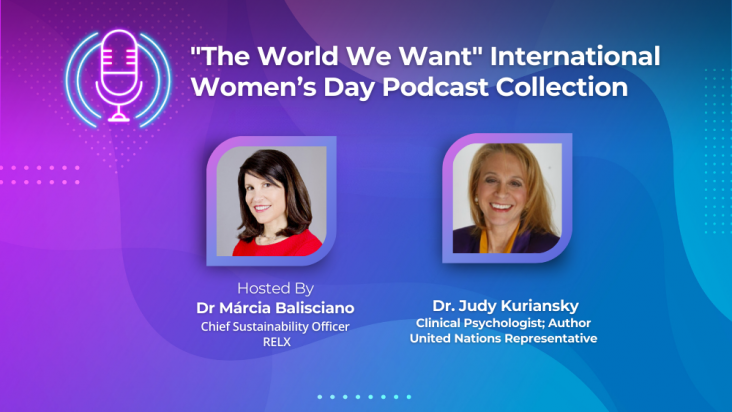
The International Women's Day "World We Want" Podcast Collection features the latest episodes in the RELX podcast series featuring renowned female leaders from across the globe.

